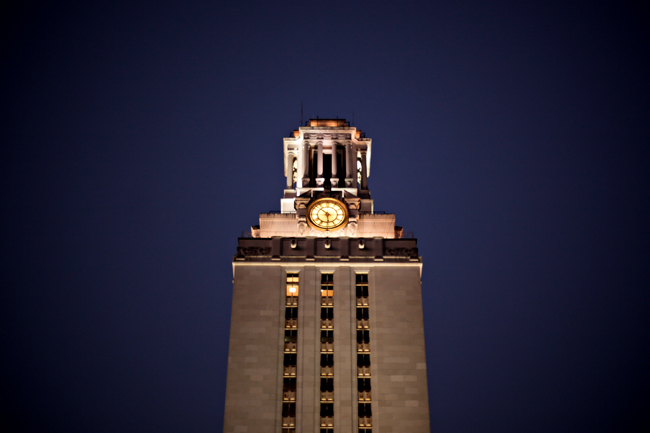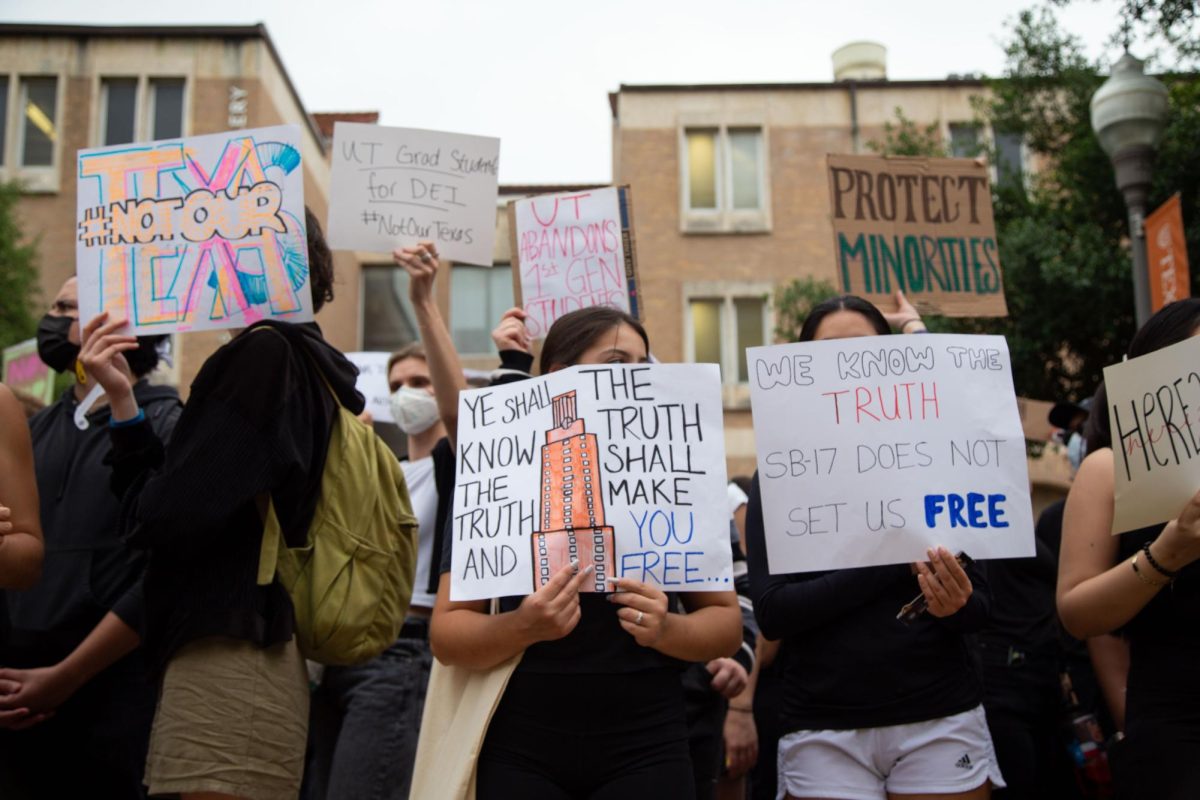The University’s Supreme Court Clinic has offered law students experience with drafting briefs and researching arguments used in front of the highest court of the country since fall 2006, but for the first time the clinic has been put on hiatus.
“This announcement came out of nowhere,” Diego Cervantes, a first-year law student who was looking into applying for the fall semester, said.
Current law students and Supreme Court Clinic alumni have said they’re concerned about the sudden semester-long closing, which they noticed a few weeks ago. Law school Dean Ward Farnsworth said a staffing problem had caused the clinic’s sudden suspension.
Cervantes said he was accepted into Columbia Law but picked UT for the number of clinics it offered. He said he is worried the clinic may not be coming back, even though there’s been no official statement on the clinic’s permanent closing.
“It was troubling that it was going away because maybe UT Law isn’t as ambitious as it should be,” Cervantes said. “It was taken away without any student input, so I’m concerned that it’s not set in stone.”
Co-directors of the clinic, Michael Sturley and Lynn Blais, said the Supreme Court Clinic is an application-based experiential learning opportunity given typically during fall and spring semesters.
Four faculty members help run the clinic. Sturley and Blais are tenured faculty members, and adjunct professors David Frederick and Erin Busby also help with the clinic. No one has stepped down from their positions.
“There was some concern that we may not be able to sustain the clinic,” Sturley said. “There’s many demands placed on the faculty. It’s the Dean’s decision to make: how the faculty is to be used.”
Dean Farnsworth would not comment further on the clinic staffing situation or on any further plans to reopen the clinic in the spring.
Clinic alumni helped with both sides of the Deferred Action for Parents of Americans and Lawful Permanent Residents case presented in front of the Supreme Court this week, Sturley said.
Gabriel Markoff, a 2012 UT law school graduate who now works as an associate attorney at O’Melveny & Myers LLP, said the experience he gained in the clinic gave him insight on how the court decides to take cases.
Markoff helped lead the drafting team of six associates writing the arguments and briefs in favor of DAPA, as it moved from the district to appellate to Supreme Court. He credits his success to his clinic experience.
“I think it would very damaging to UT’s ability to have a consistent pipeline of students to compete at the highest level to not have a full-time Supreme Court Clinic in place,” Markoff said.
Collin White, a UT alum and associate at Kellogg, Huber, Hansen, Todd, Evans & Figel, PLLC, said the clinic offered him valuable experience and extended his professional network.
“It was an invaluable learning experience,” White said. “I probably wouldn’t have my job without it.”
Danielle Wolfson Young, a 2015 law graduate who now works in Houston as a law clerk for a judge on the fifth circuit, said the clinic is on par with those at other elite law schools.
“I emailed the Dean about it because I feel very strongly about [the clinic],” Wolfson Young said. “It’s irreplaceable. I hope they will keep it.”
This article has been updated since its initial publication to correct the start date of the Supreme Court Clinic.





















